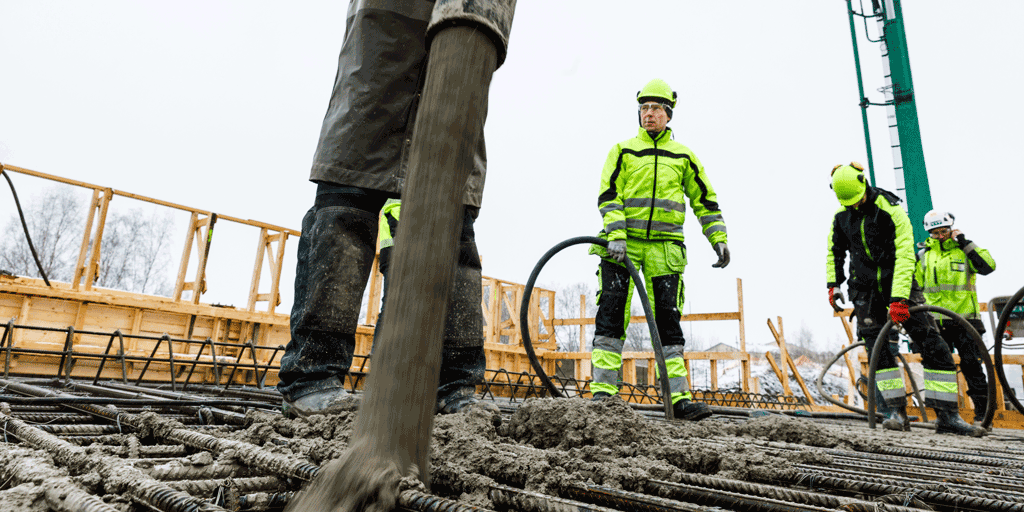
The city of Tampere develops the quality of construction with the help of Tukes cooperation. The compliance, origin and quality of the materials used in the construction are taken into close inspection.
Tampere is committed to development that balances ecological, social, cultural and economic perspectives in accordance with sustainable development. Sustainable development is a theme that cuts through the entire city strategy.
The Finnish Safety and Chemicals Agency (Tukes) and the city of Tampere have launched a cooperation project in which the compliance, origin and quality of the materials used in the construction are reviewed in an individual street construction project as an enhanced cooperation between Tukes and the city. At the same time, it is ensured that the supervision of the construction materials of the street project works properly from the client's point of view.
Tukes is at the test site to support the city in ensuring product compliance. Support extends from procurement to implementation. The lessons learned from the cooperation are intended to be used more widely in Tampere's infrastructure construction in the future.
Infrastructure construction matters
The real estate and construction industry plays a key role in mitigating and adapting to climate change.
"The industry uses significant tonnages of both recycled and natural materials. The role of material consumption is emphasized because infrastructure has such a long life cycle", INFRA ry's environmental manager Juha Laurila says.
The assessment of the sustainability of infrastructure construction often focuses on ecological and social sustainability. Equally important is financial sustainability.
"Regarding that, you have to focus on the structure's service life, maintainability and reliability of maintenance. The quality of construction products is then of great importance. For example, the use of low-quality aggregate shortens the lifespan of asphalt significantly."
CE markings still have shortcomings
With the CE marking of construction products, the manufacturer declares the properties of the product in a uniform European manner. Marking is mandatory for all civil engineering products that are subject to European, harmonized product standards.
A significant part of infrastructure construction materials are aggregates. Tukes' product monitoring has shown that in 2017, for example, 17 percent of the materials had incomplete markings.
"By using materials that comply with the regulations, job descriptions and instructions, it is possible to make sure that the structure is in accordance with the plans and withstands maintenance", construction engineer of the city of Tampere Petri Leppänen recalls.
Tukes is responsible for market surveillance of building materials in Finland. Competitors and consumers can also report their suspicions about non-compliant products to Tukes. The agency requires measures from manufacturers, importers or distributors as necessary.
The casting works of the Hallinoja railway bridge in progress in Hervanta in April 2019. Illustration, the construction site in the picture is not related to the news. Photo: Pasi Tiitola
